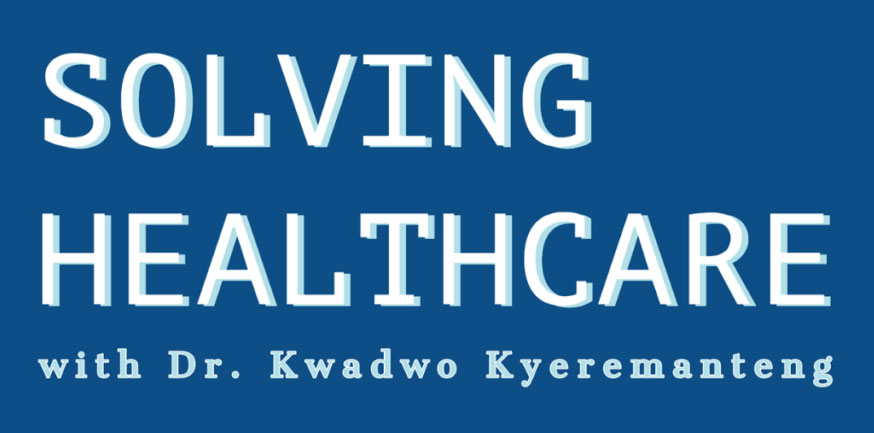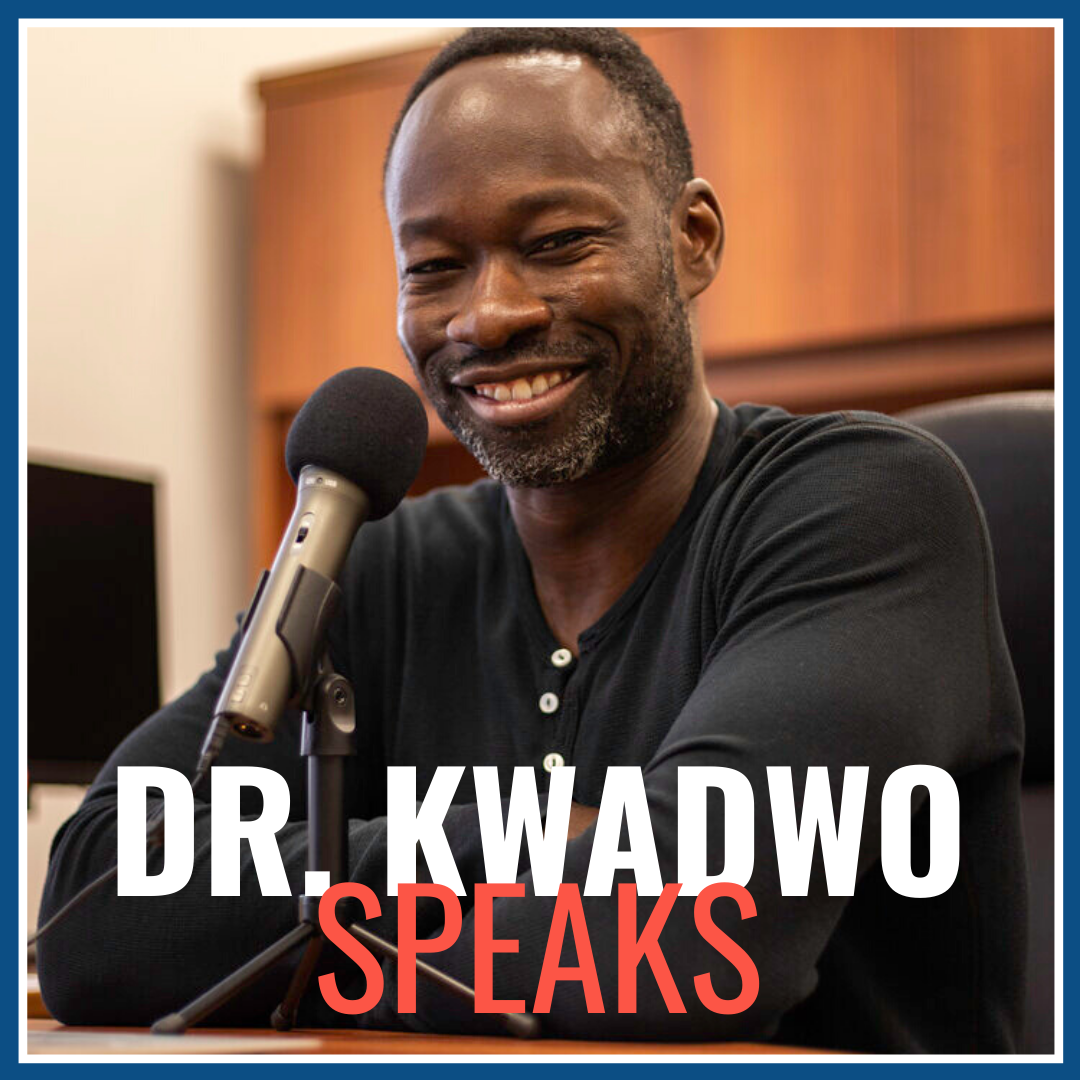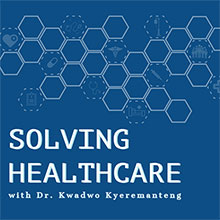Wellness, Innovation, IBD, AI and more with Dr. Brendan Halloran
Quick Show Notes – Wellness, Innovation, IBD, AI and more with Dr. Brendan Halloran
Key Takeaways
Currently, trainees in medicine speaking out about burnout and mental health challenges is perceived as weakness.
Maintaining an exercise routine, leaning on a support system, and meditation can help maintain wellness.
Medicine is a stressful profession and we shouldn’t take conflicts with colleagues personally.
Physicians don’t always understand the natural history of chronic disease.
It’s important to listen to patient’s concerns and empower them as they navigate the healthcare system.
AI can help match patients with treatments they’re more likely to respond to.
Although new drugs are expected to be more effective, their side effects require a careful long-term evaluation and the cost of newer medications can be a significant burden to a public healthcare system.
A Closer Look
Proactive care for IBD patients:
Program to improve IBD care efficiency by calling patients to complete questionnaires over the phone, and mailed requisitions for blood tests and stool samples.
Results were populated into a database that automatically generated an update letter on the patient’s current condition that was sent to the physician.
Based on updated clinical information, doctors were able to modify appointments or order additional services for the patient to address any urgent concerns.
Many chronic disease treatment plans can benefit from this approach.
Proactive care can be cost-effective in the long run.
Providing accessible care helps chronic disease patients feel supported and empowered.
Following an algorithmic approach helps provide more consistent care.
Inefficient care limits patient load and follow-up capability.
Problematic when patients center their lives around their disease.
A specialist’s goal is to help patients get back to their lives, but this is a challenge with limited & short appointment times.
Important to thoroughly educate patients on the side effects or adverse effects of treatment.
AI & clinical decision making:
“I don’t think AI is going to replace physicians, it’s going to augment decision-making”, says Dr. Halloran
Doctors don’t always understand their own decision-making, and AI can help us define the key features that help predict disease and treatment outcomes.
For example, the sensitivity and specificity of diagnostic tests.
Gut feeling and clinical instincts come from pattern recognition, but this heuristic is error-prone & volatile to external influences.
Using AI can help improve interobserver agreement and help find ways to make qualitative data more objective.
Relying on AI decision making tools requires large volumes and high-quality data representative of the general population.
Theranostics refers to the study of how patients respond to specific treatments.
Future developments in theranostics are dependent on quality data collection.
About Dr. Brendan Halloran :

Brendan Halloran is the Senior Fellow in the International Budget Partnership’s Strategy and Learning team. In this role, Brendan supports strategy and learning processes at IBP – both the internal production of learning insights and drawing on evidence and ideas from broader research and practice in the governance space. He’s particularly interested in complex change dynamics, and how to support organizations to both navigate and strengthen their accountability ecosystems.
LinkedIn: linkedin.com/in/brendanjhalloran
Website: theurbancitizensview.wordpress.com/ (Blog)
Episode Sponsors:
Low Carb & Ketogenic Approaches to Health:
Solving Healthcare and the Resource Optimization Network present our first virtual summit!
Kim Sutton:
https://solvinghealthcare.ca/kimsutton




